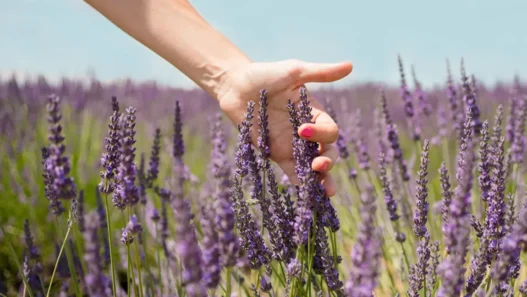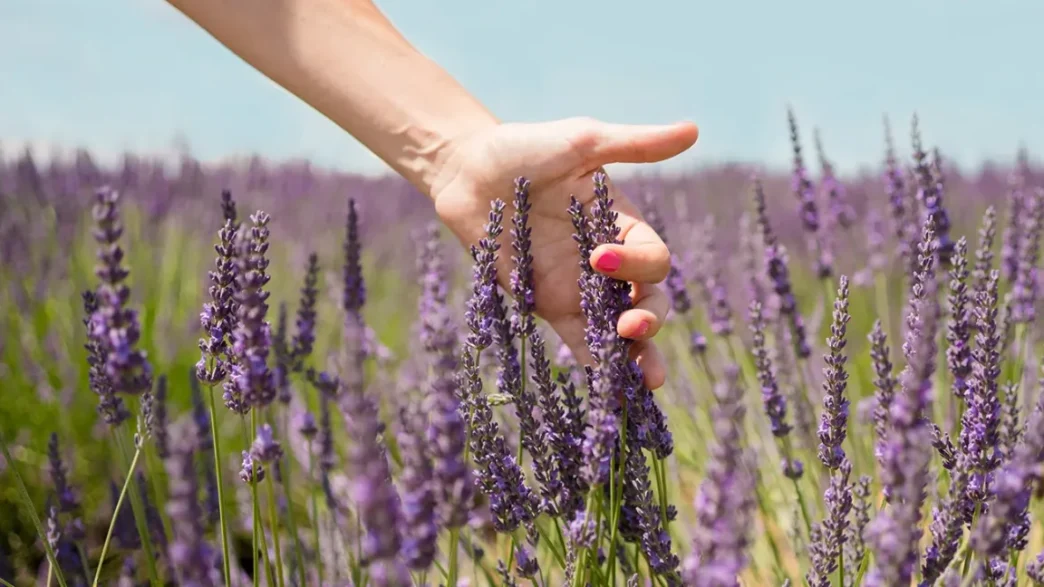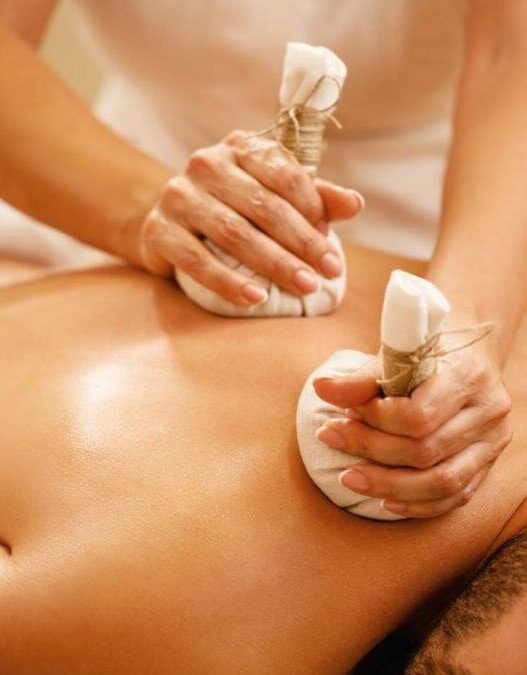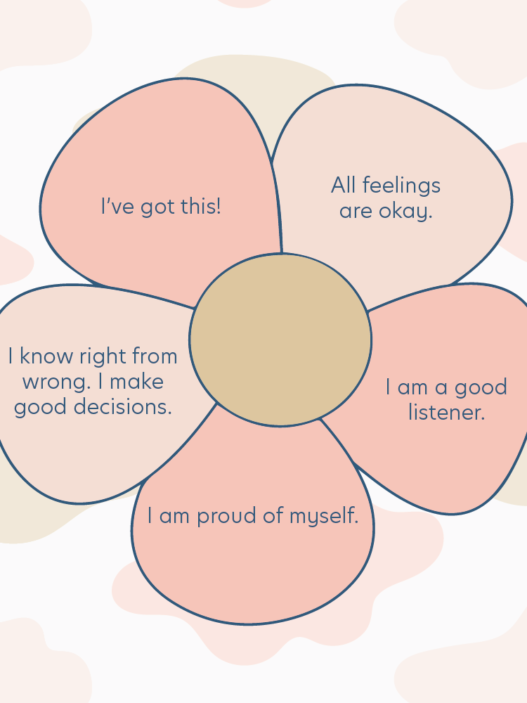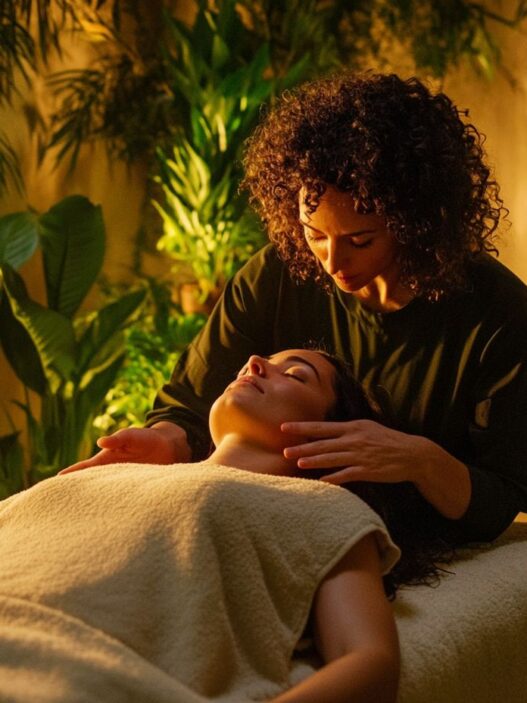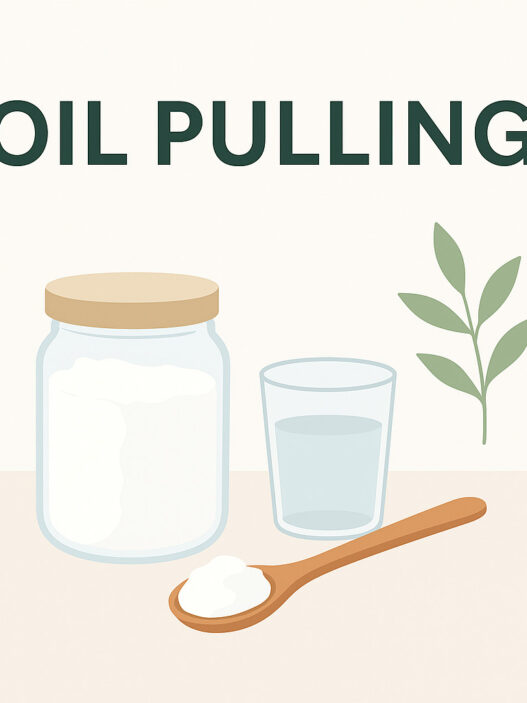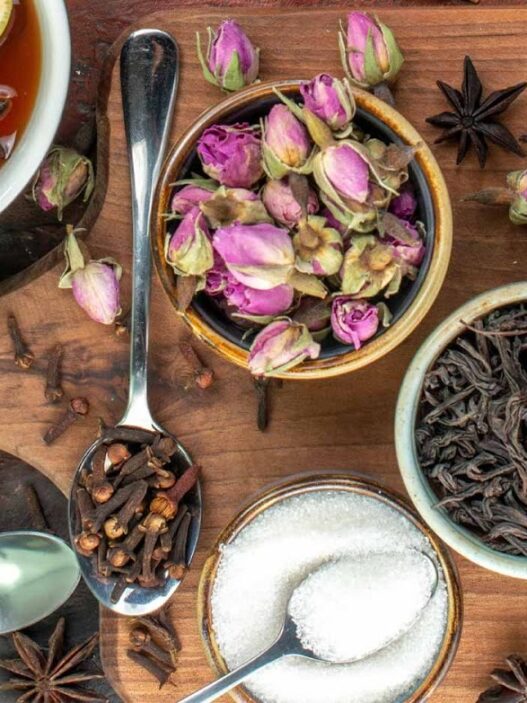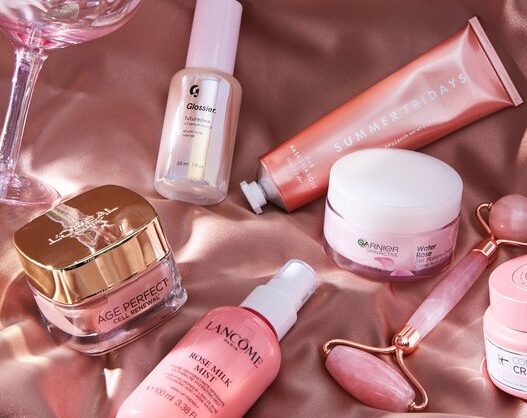Lavender is a blooming plant. Its pleasant floral aroma that helps to distinguish it. It is thought to be Mediterranean in origin, India and the Middle East, whose past spans around 2,500 years.
Lavender was once employed in religious ceremonies. Lavandula Angustifolia was also sometimes used to refresh and lightly smell a range of items, including hair and apparel.
Lavender comes in several shapes:
Sweetly fragrant perennial, lavender adds color to a garden and exudes a wonderful aroma.
Nectar of Lavender Oil – Very fragrant. Once diluted, the oil can be massaged onto the skin, diffused, put onto a cotton swab or pillow, and inhaled for aromatherapy.
Capsules or Supplements of Lavender are also available. Take according to the instructions depending on its therapeutic capacity.
Just be sure to work with your doctor to make sure the supplement won’t have unfavorable results. Be aware that supplements are not thoroughly controlled by the Food and Drug Administration (FDA).
Lavender Tea – This kind of lavender provides a calming beverage that encourages sleep and helps to reduce anxiety. You can make your own tea by soaking fresh lavender buds in boiling water for around 15 to 20 minutes.
What are the Health Advantages of Lavender?
Lavender is more than just a sweet herb today. It turns out this herb is also sometimes used for its claimed therapeutic advantages. Some of the current evidence supporting lavender as a complementary treatment strategy is also present.
Also, French lavender can help with snoring and sinus problems. It is thought that both people with severe seizures and pregnant women in the first trimester should avoid using French lavender essential oil.
May Assist with Better Sleep
Deleting caffeine and increasing physical activity can help to cause slumber. Still, sometimes these initiatives and alternative treatments are unsuccessful. This causes you to be a tired mess throughout the day.
Lavender essential oil proved to be an efficient in 2017 experiment on 60 subjects. If you are ready to try anything for a good night’s sleep, go for it.
Moreover, a 2022 systematic review in Nursing in Critical Care of 20 randomized controlled studies using lavender essential oil for insomnia revealed that 14 trials showed favorable results.
Think about putting a few drops of lavender essential oil on your pillow before bed if you’ve tried other sleep cures to little success. Although using lavender as aromatherapy has no known hazards, make sure not to eat it (or any other essential oil, as doing this may present health concerns that stuff).
Might Assist in Treating Skin Imperfections
Among these essential oils with dermatological applications is lavender. Actually, lavender oil may help to treat blemishes and skin inflammation, acne, or eczema by applying it to the afflicted areas, easing inflammation.
Nevertheless, more strict clinical studies are required. Direct application of essential oils is cause of the skin irritation. It is best to mix them, you can mix it with water or a carrier oil.
Lavender’s antioxidant properties may also support wound healing.
Before including lavender in your skincare routine, please consult your dermatologist to make sure it won’t conflict with any drugs you are now using.
May Provide Pain Cure
Certain people turn to over-the-counter pain medications for acute or chronic pain management. You could ask your doctor for a prescription depending on how bad the pain is.
As a supplemental pain-management technique, adding aromatherapy with two percent lavender essential oil diluted in water might provide advantages. A 2021 study discovered that Lavender breathed through aromatherapy might help patients recover from arthroscopic knee surgery by lowering their discomfort.
Lavender oil collected at the start of the flowering season of the plant was discovered in a 2021 study to be a strong inhibitor of a number of inflammatory-inducing chemicals.
May lower heart rate and blood pressure
Chronic high blood pressure strains the heart, therefore raising stroke and heart attack risk as well as other health problems. A tiny research revealed that inhaling dilute lavender essential oil following open-heart surgery lowered the blood pressure and heart rate of 40 persons, therefore indicating the oil improved their vital signs.
May Alleviate Asthma Symptoms
The anti-inflammatory qualities of lavender have led some to believe it might help bronchial asthma. Most current research on Mice discovered that lavender essential oil improved respiratory health by reducing allergic inflammation and mucous hyperplasia. Whether the same effect would be seen in humans remains unknown. May lessen Menopausal Hot Flashes
Many women who experience menopause experience hot flushes, sometimes known as hot flashes. It can cause perspiration and a flushed face by unexpectedly increasing body heat.
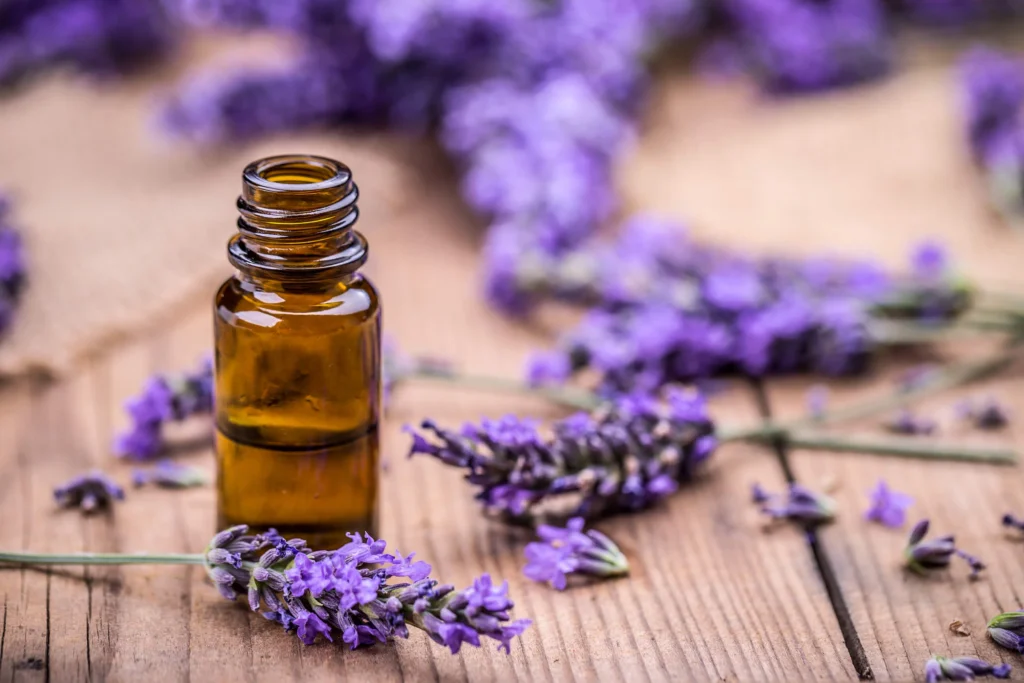
Can Help Fight Fungus Development
Research indicates lavender essential oil could successfully suppress the growth of specific kinds of fungus, including C. albicans. The oil might also operate as a (along with conventional dermatologic therapies like antifungal prescriptions).
Might Cause Hair Growth
One animal study administered lavender essential oil to the backs of mice five days a week for four weeks, which produced a thicker dermal layer and greater presence of hair follicles, indicative of the ability to enhance hair growth. More human studies are needed.
Lavender has several forms and applications rather than just one kind of plant:
- A warm herbal beverage. Thought to calm the body. It helps with sleep.
- Small yet strong, lavender seeds find applications in cooking, herbal treatments, and planting.
- Lavender Tree. For gardens. It is a decorative form of lavender that forms a little tree.
- Bush of Lavender: lavender bush popular garden species attracting pollinators and growing wonderfully.
Every kind of lavender has its own distinct appeal and advantage, therefore making it a flexible plant.
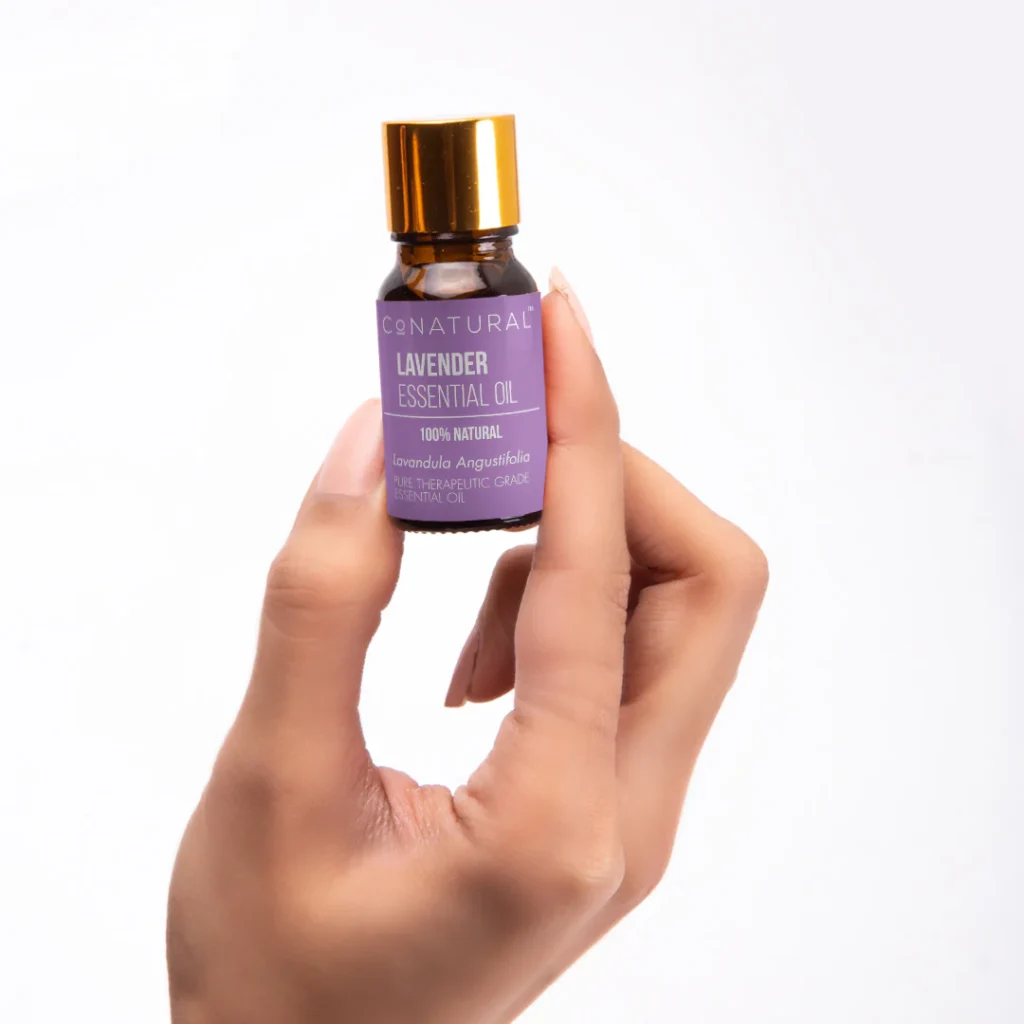
Lavender’s Health Advantages
Besides its scent. Lavender is highly sought after for its natural therapeutic qualities. Among other advantages:
- Improved Sleep: The aroma of lavender oil may help improve your sleep.
- Stress-Relieving: Lavender’s fragrance reduces anxiety and soothes the brain.
- Lavender oil helps with acne, burns, and minor skin problems.
- Used in aromatherapy, lavender might reduce slight pain and tension.
- Some research suggest it could help to reduce blood pressure.
- Its anti-inflammatory action might help with breathing difficulties.
Tips for planting and caring for lavender
Spring is the time to sow lavender. While you might wait until summertime or fall, to guarantee the plants are sturdy enough to live on the Upcoming winter, the earlier the better.
Ideally, you should leave around 2 to 3 feet between each plant and refrain from planting in moist locations. This is a low-maintenance plant, so as the plants begin to grow, you just have to water them around once or twice a week, then gently.
Water it every two to three weeks. Start picking when about half of the buds have opened. Cut the stems long for simple bundling, and then let the lavender bundles dry in a cold, dark spot.
More Lavender Applications
Bugs
Insects can be a nuisance during the summer months, lavender is natural insect repellent against flies, mosquitoes, and moths.
Lavender can also be used to make any room, laundry area, or closet smell better. When you put a little diluted lavender oil on your neck or wrists, it creates a lovely natural perfume.
Hunstead lavender, among many other types of lavender, is often added to soaps, creams, and body washes, it is naturally moisturizing and can help create a calming experience when bathing.
You can use dried culinary lavender in dishes too, like lavender-lemon cookies or a beet salad with honey-lavender dressing.
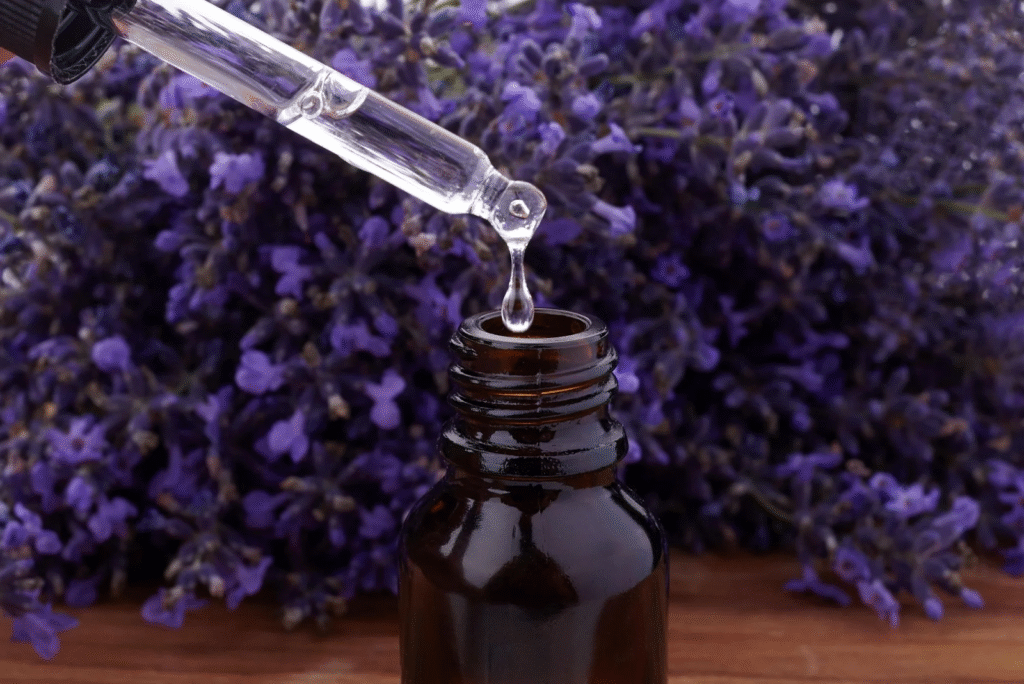
In conclusion
Lavender, particularly French lavender, has more potential uses than just its pleasant fragrance. Its benefits range from improving sleep to reducing stress, and even aiding skin health. Lavender comes in many different formats: dried flowers, teas, and essential oils.
As always, it’s important to use the best quality and to consult with a health care professional before adding any new herbs or supplements to your wellness routine.






